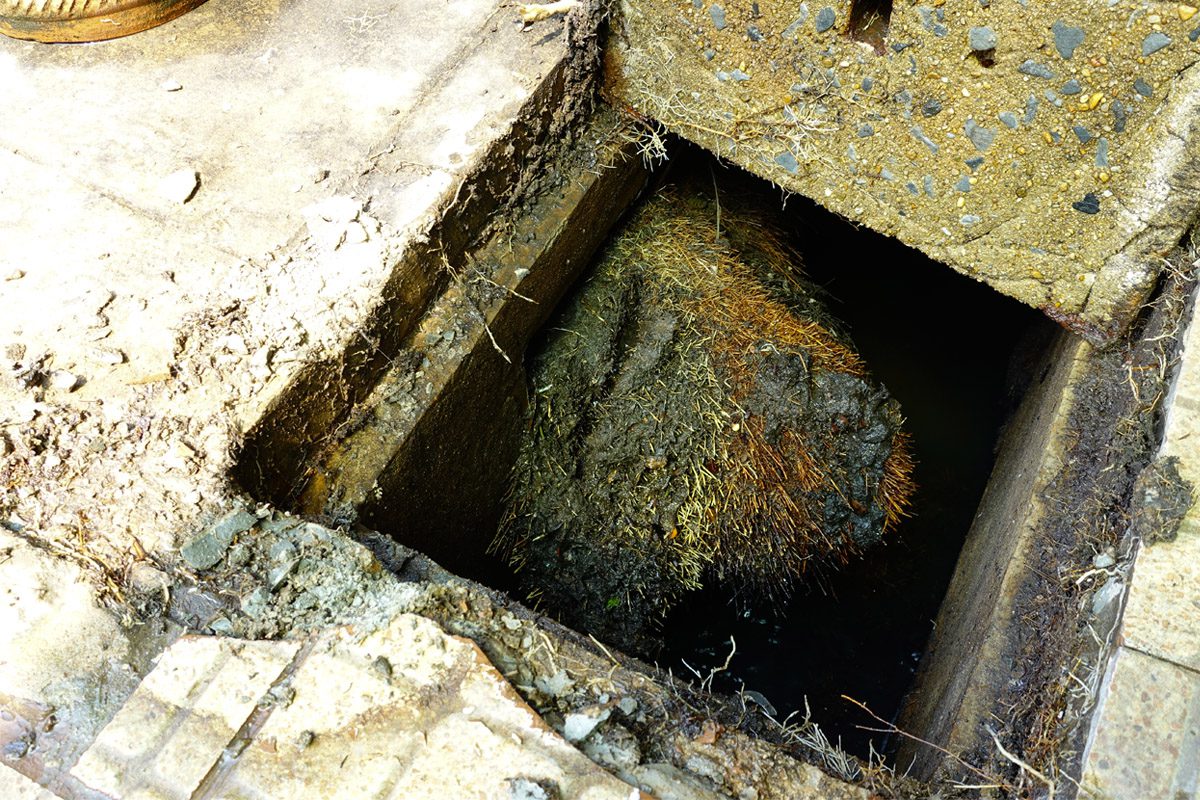
A newly landscaped section of a Durham garden has been unveiled to the public, to show how an innovative project aims to get to one of the root causes of blocked pipes.
Northumbrian Water is working with Durham University and a company called Intelligent Gels, to help prevent tree roots from damaging the sewer network and increasing the risk of flooding and pollution.
Tree roots, which work their way into sewer pipes, thrive off the water and nutrients, causing hundreds of blocked pipes every year and costing Northumbrian Water thousands of pounds to repair.
The roots can block the pipes on their own, or sometimes, they can even form a living mesh that traps other flushed items, causing even bigger blockages and leading to sewer flooding and pollution.
Currently, experts from Northumbrian Water have to cut tree roots out of sewers, but this process costs thousands of pounds every year, and often the root grows back.
Blockages such as these, or those caused by people flushing items such as wipes or sanitary products down the toilet not only create work for the water company, they also cause flooding in people′s homes.
The three organisations have been working together to create a new gel which uses a more eco-friendly copper formulation to form a protective barrier and anti-root invasion solution.
It would be applied to the inside of existing sewer pipes and coated on new pipes laid in the future, to stop tree roots growing any further without killing the tree.
A small section of working garden, located in the University′s Botanic Garden on the outskirts of Durham City, has been set aside for the project to help showcase the idea.
The garden includes a length of sewer pipe, provided by Northumbrian Water′s supply partners Esh-Stantec, who also helped with the landscaping, to show visitors just how destructive tree roots can be and how the gel will work.
Simon Cyhanko, Head of Wastewater Networks at Northumbrian Water, said: “Tree roots increase the risk of flooding to our customers by causing blockages in the sewer pipes and cost us thousands of pounds every year to repair.
“However, trees are vitally important to the environment and we don′t want to kill them or dig them out, we′d just like to deflect their roots.
He anticipated the project will be “be a real game-changer in helping us to manage our network and prevent damage to it, while preserving the tree itself.”







